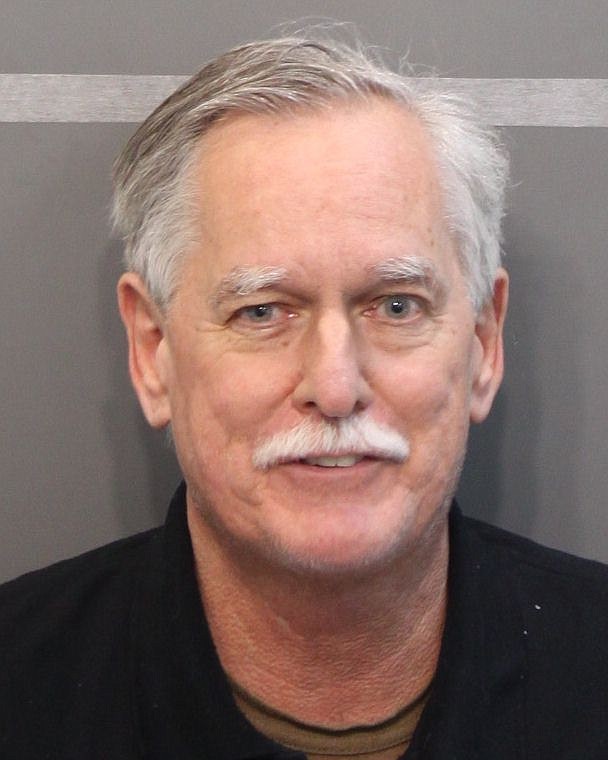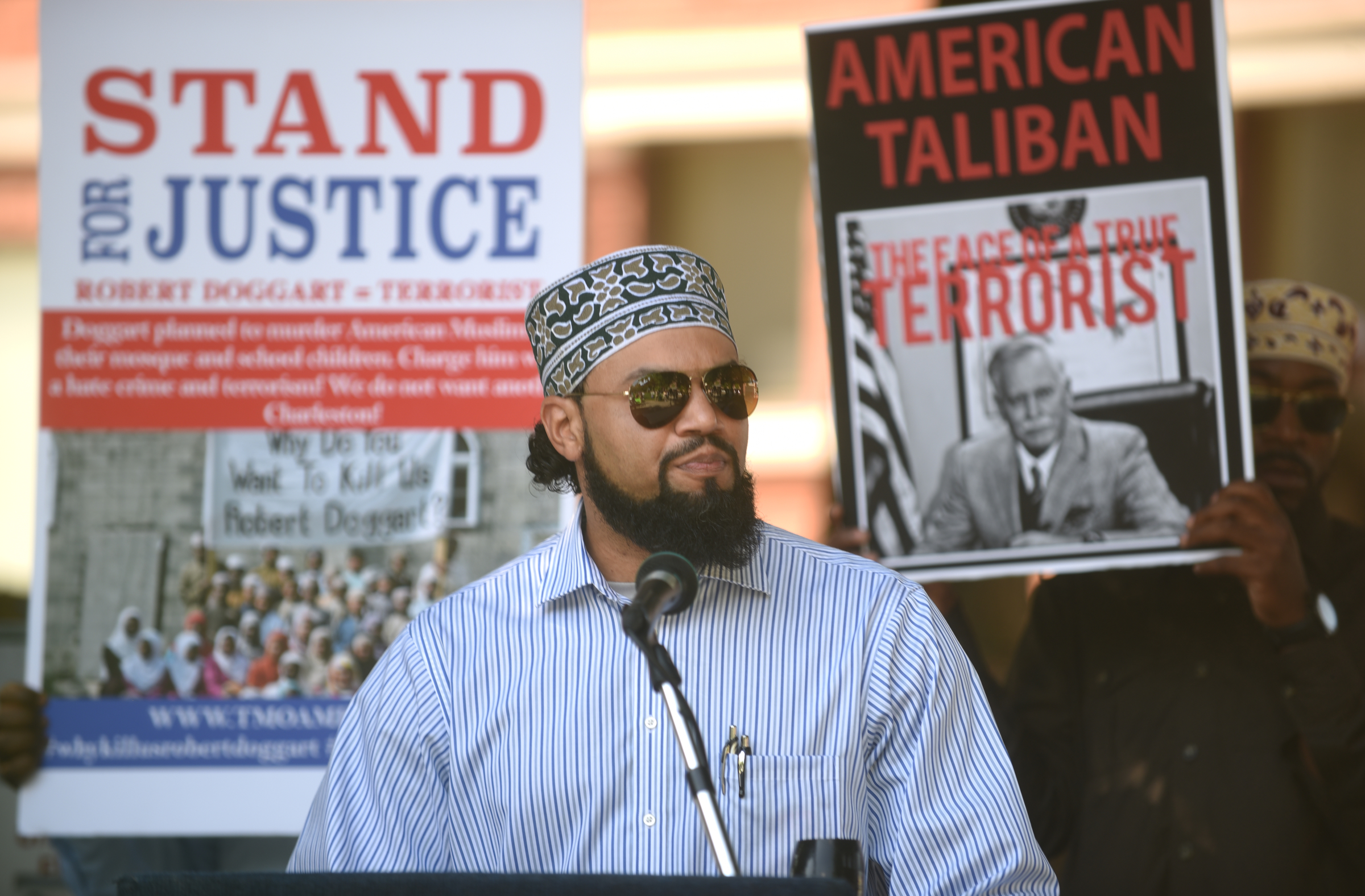The trial of a Tennessee man accused of planning an assault on a small Muslim community in New York is effectively on hold until federal prosecutors respond to a number of filings.
Robert Doggart's trial was supposed to begin Monday, but he was granted another pushback after his attorneys filed a motion to continue, a motion to dismiss and a motion for a bill of particulars late last month.
"Right now, there is no trial date," said Leslie Cory, one of Doggart's attorneys. She said the motions effectively "freeze the clock" until federal prosecutors have a chance to respond.
Authorities say Doggart, a Sequatchie County resident of Signal Mountain and a 2014 congressional candidate, spent months gathering weapons and plotting an assault on a Muslim community called Islamberg.
In July 2015, after federal agents learned of his plan earlier that year, Doggart was indicted for one count of solicitation to commit a civil rights violation. As protesters stood outside the courthouse, he pleaded not guilty to the charge and returned to house arrest after U.S. District Magistrate Judge Susan K. Lee denied a motion to detain him.
Then, after Doggart hired new attorneys and was sent to court-ordered mental competency testing, a grand jury returned a stronger, four-count indictment nearly a year later, replacing his original one. In addition to solicitation to commit a civil rights violation, Doggart now faces one count of solicitation to commit arson of a building and two counts of threat in interstate commerce. He pleaded not guilty in June 2016.
The defense's current battle centers around suppression. According to motions, Doggart met in April 2015 at City Cafe with three individuals, one of whom was the government's confidential informant. That individual secretly recorded the conversation with a phone and videotaped it from his hat. Because he left the table a few times, there were gaps in the redacted version the government provided.
Although federal prosecutor Perry Piper never heard the full recording, the motion says, the Federal Bureau of Investigation did have the recording, "and presumably listened to the nonconsenually recorded conversations."
Because of that possibility, the defense has requested an evidentiary hearing to determine which law enforcement officers heard the recording, and whether they used it as probable cause to arrest Doggart on April 10, 2015 - the day after the meeting, the motion says.
Contact staff writer Zack Peterson at zpeterson@times freepress.com. Follow on Twitter @zackpeterson918.

